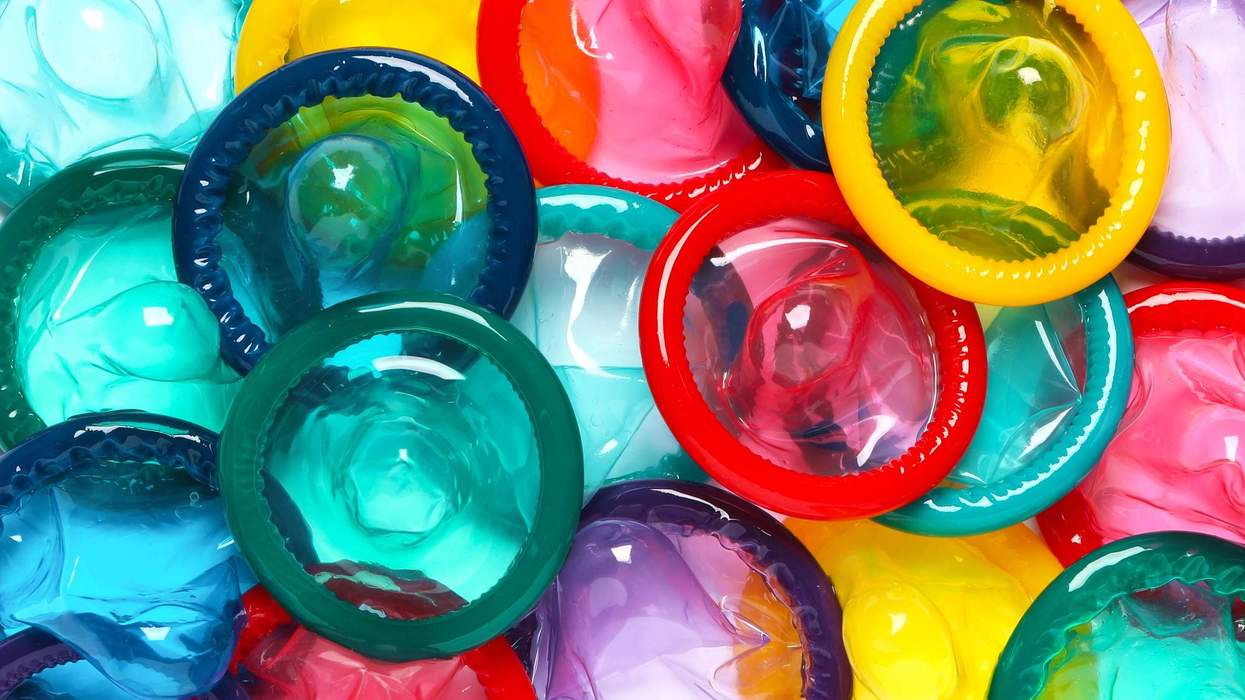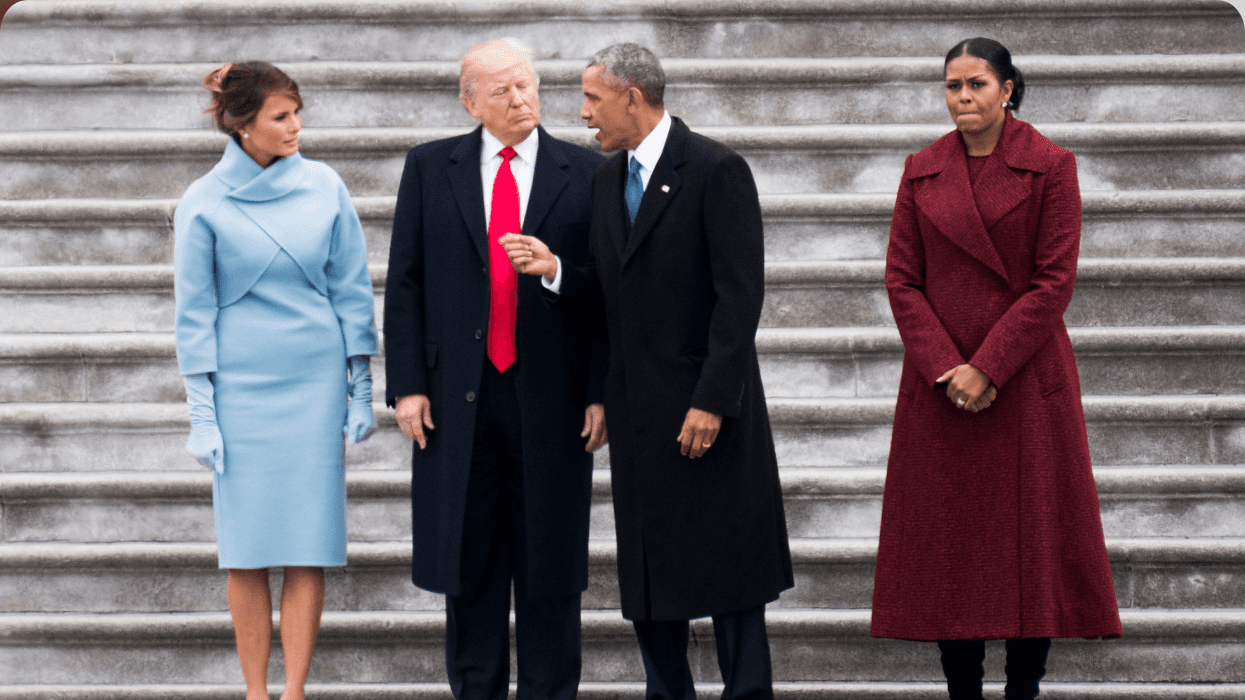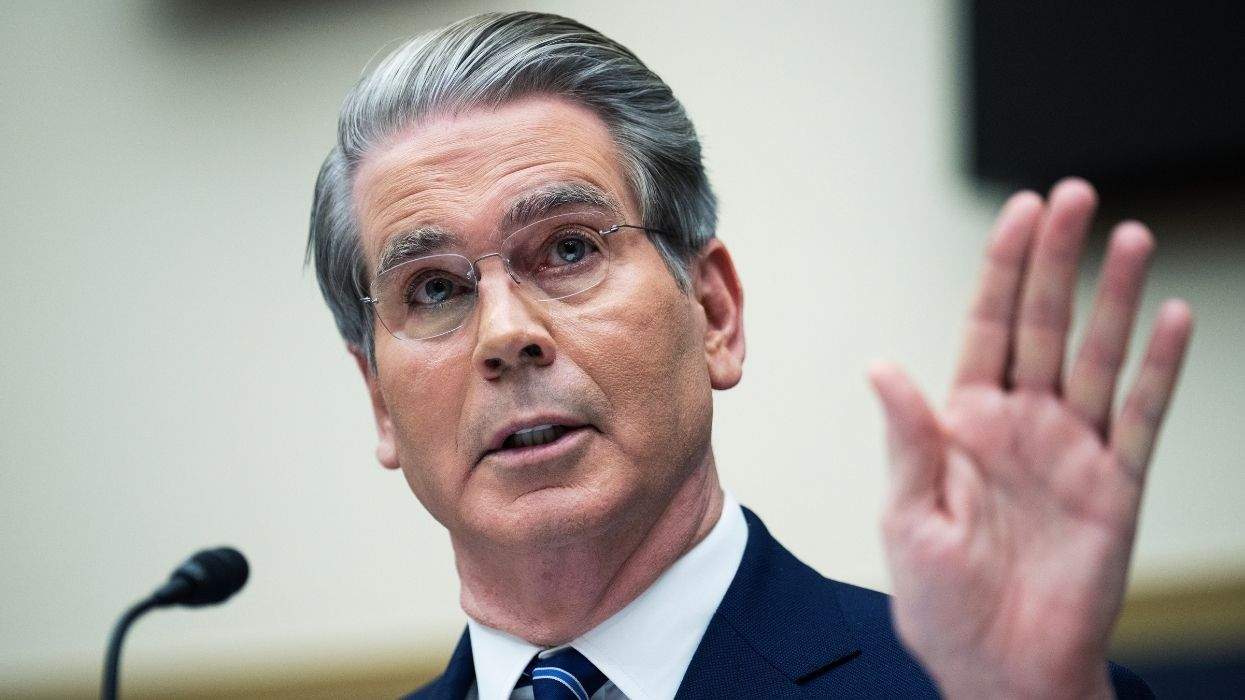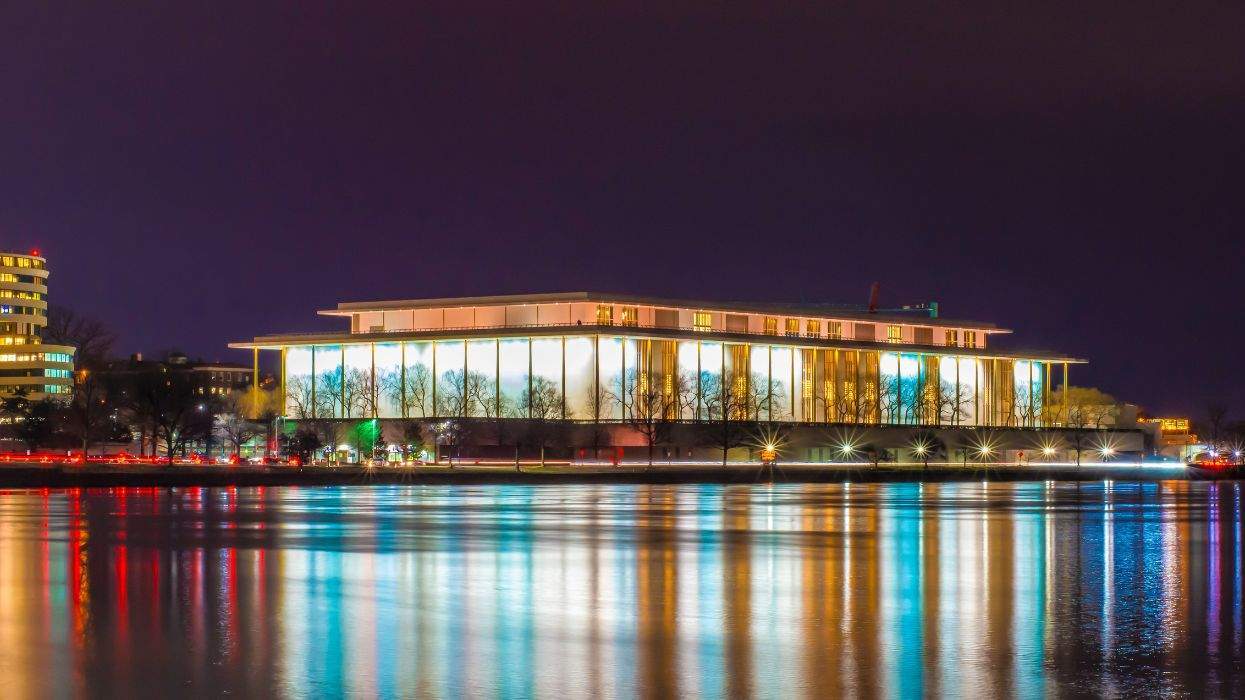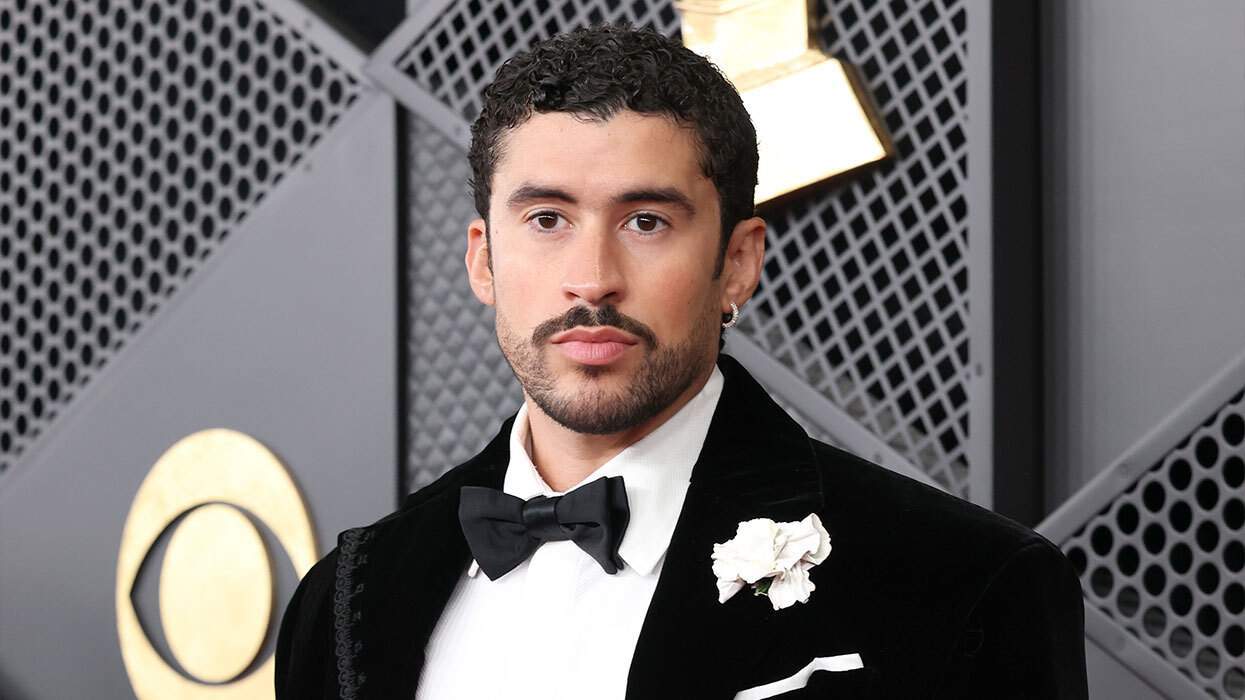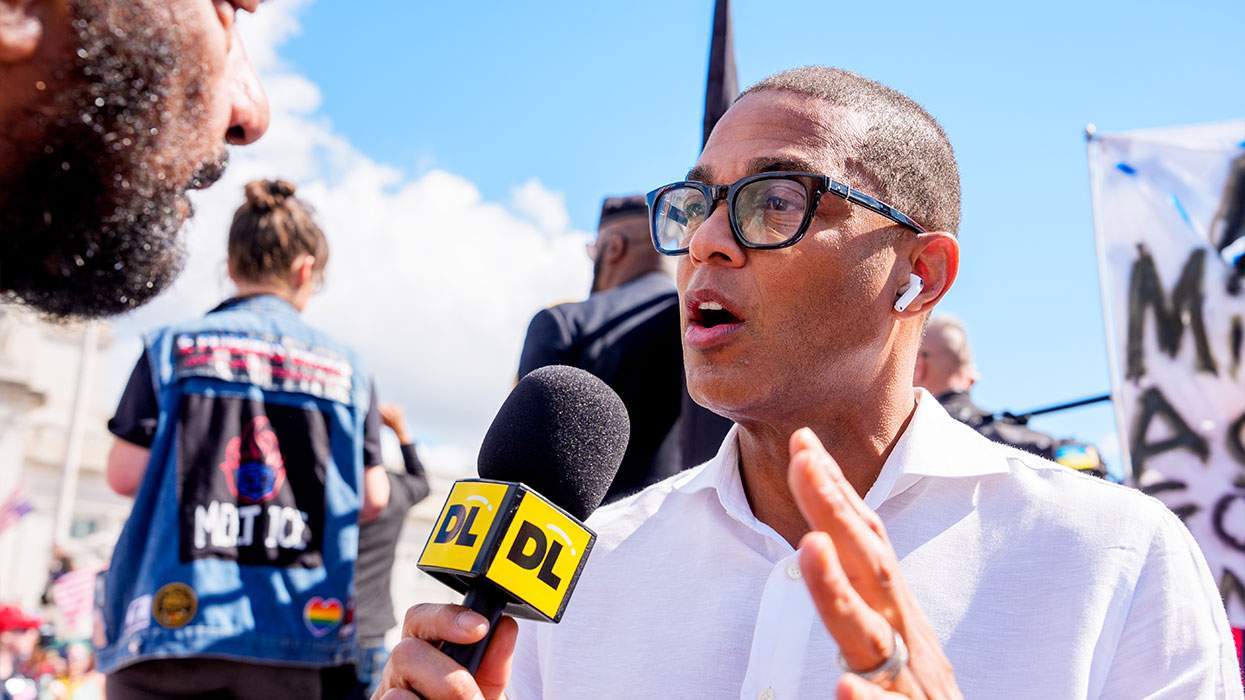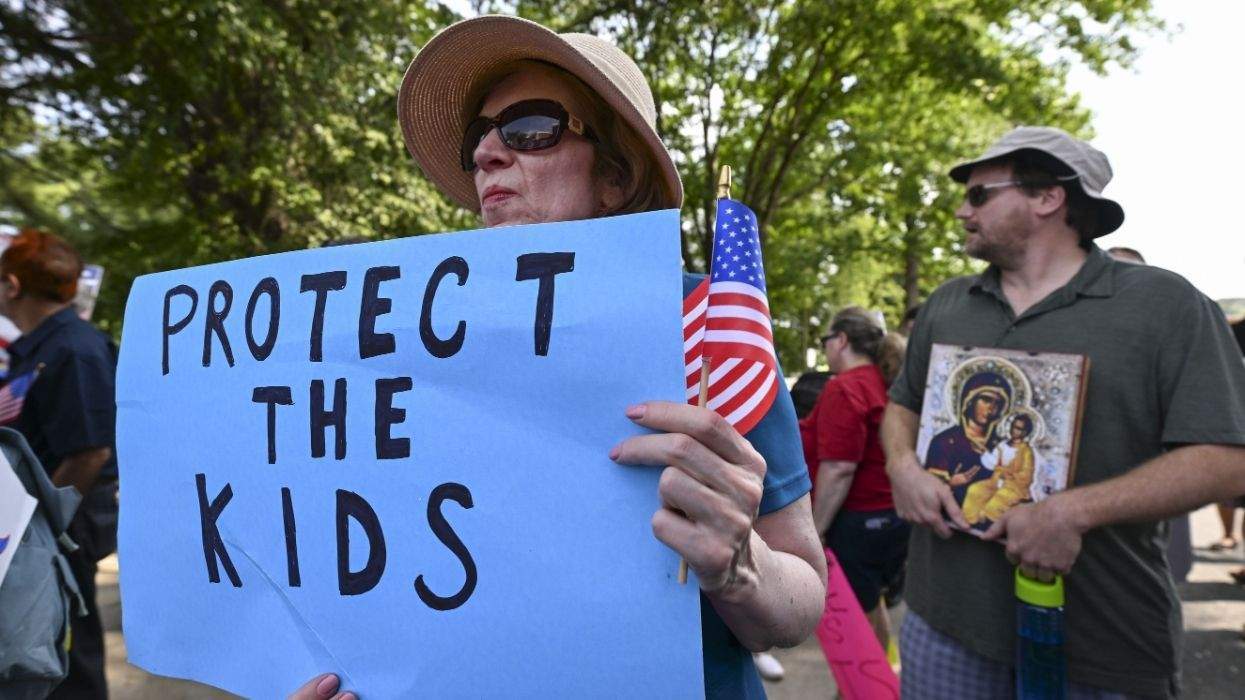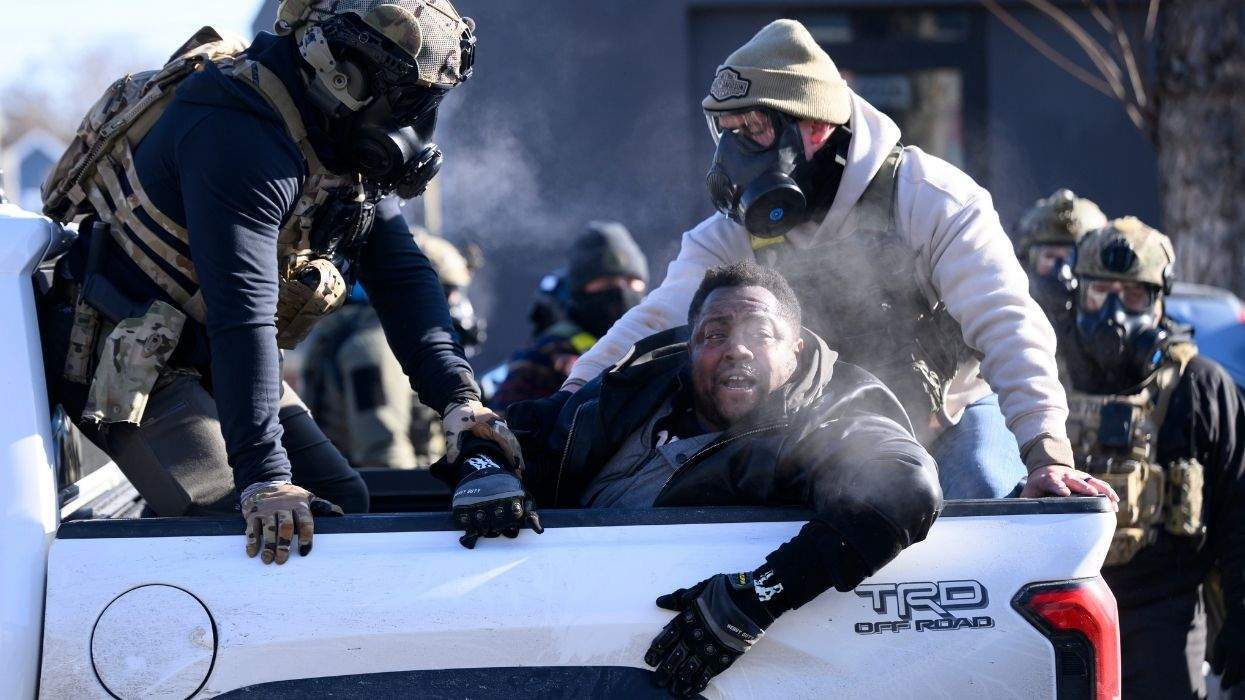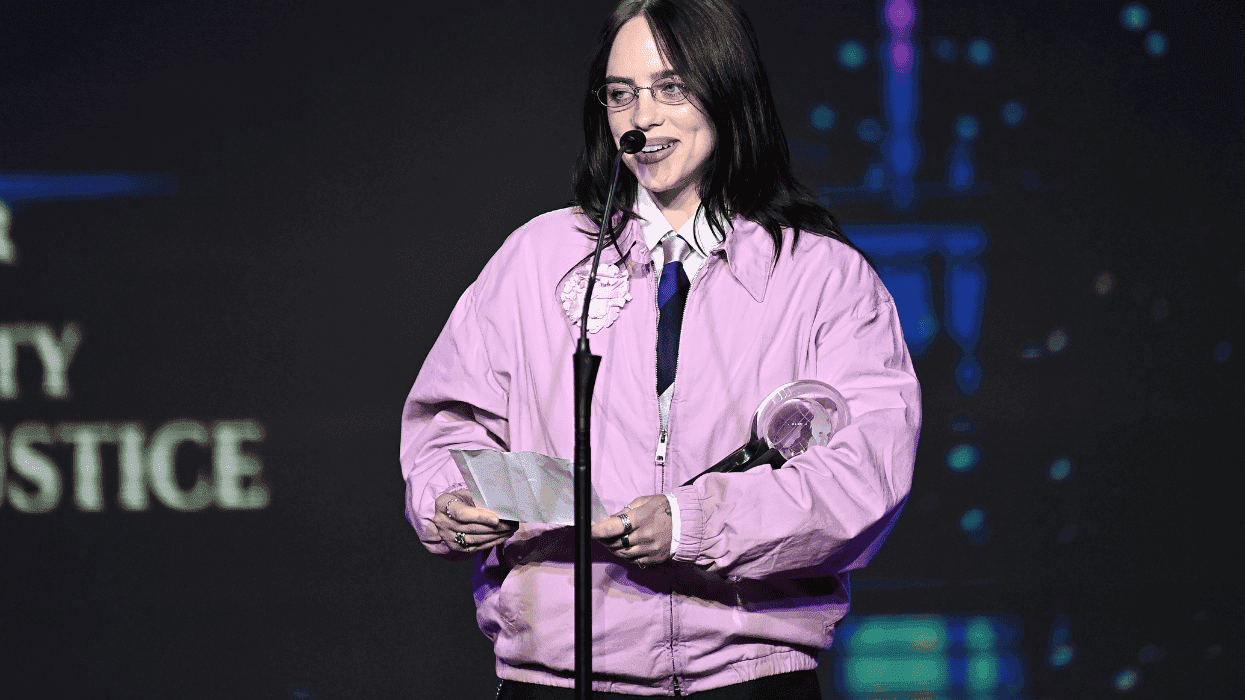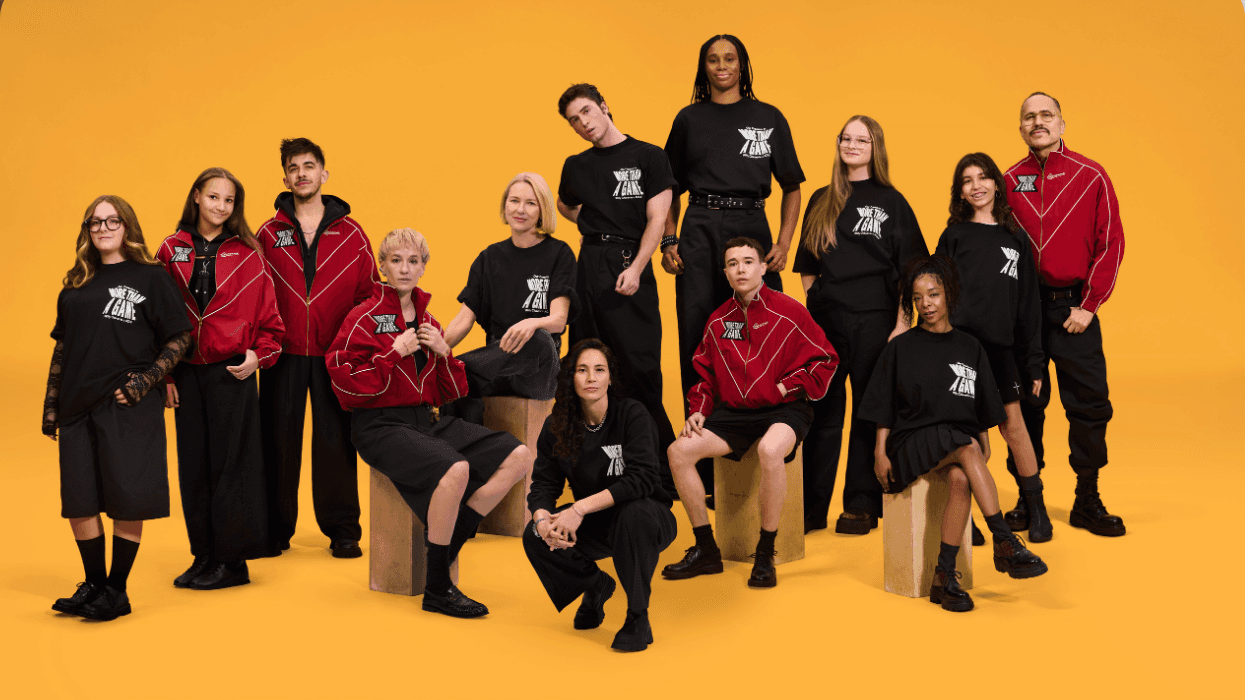A new poll of voters from the November general election shows that, Donald Trump did not receive record support from the LGBTQ+ community. In fact, it tied his record low.
According to GLAAD, the world's largest LGBTQ+ media advocacy organization, Trump's reportedly historic LGBTQ+ support for a Republican presidential candidate was based on a flawed study that used a low sample size. GLAAD's own poll found a mere 14 percent voted for Trump, while 81 percent voted for the projected president-elect Joe Biden. The new poll also found the significant turnout of LGBTQ+ voters had an impact on the overall outcome of the race, 25 percent of whom were first-time voters.
"GLAAD's poll confirms the impact of the LGBTQ vote as a deciding difference in the 2020 election, especially first-time LGBTQ voters who led a powerful surge of support for the pro-equality ticket," Sarah Kate Ellis, president and chief executive office of GLAAD, said in a statement.
An earlier exit poll from the Edison Research for the National Election Pool claimed 28 percent of polled LGBTQ+ voters had cast their ballot for Trump in 2020. GLAAD's analysis of the Edison poll found the sample size of queer voters was significantly smaller than originally suggested, only 250 responders, which would significantly increase the margin of error to +/- 7 percent. The GLAAD poll worked with a much larger sample size of 800, resulting in a margin of error of +/- 3.5 percent.
The previous high for Republican presidential candidates was 27 percent for John McCain in 2008, followed by George W. Bush at 23 percent in 2004, followed closely by Mitt Romney 2012 with 22 percent.
The GLAAD poll found queer voters had three main concerns as they cast their votes. The number one overwhelming concern of queer voters was the response to the global pandemic at 54 percent. Healthcare and racial justice followed at 25 and 22 percent respectively. Ellis said these concerns played an important role in determining the election outcome.
"These issues reflect the compassion and intelligence of LGBTQ people, and the importance of intersectionality to the LGBTQ community and to America as a whole - that with a diversity of differences in age, race, gender and economic status, we can and will unite as a powerful voting bloc for change - and achieve it," Ellis said.
RELATED | Why the 45% of Gays are Trump Supporters Poll Means Nothing




